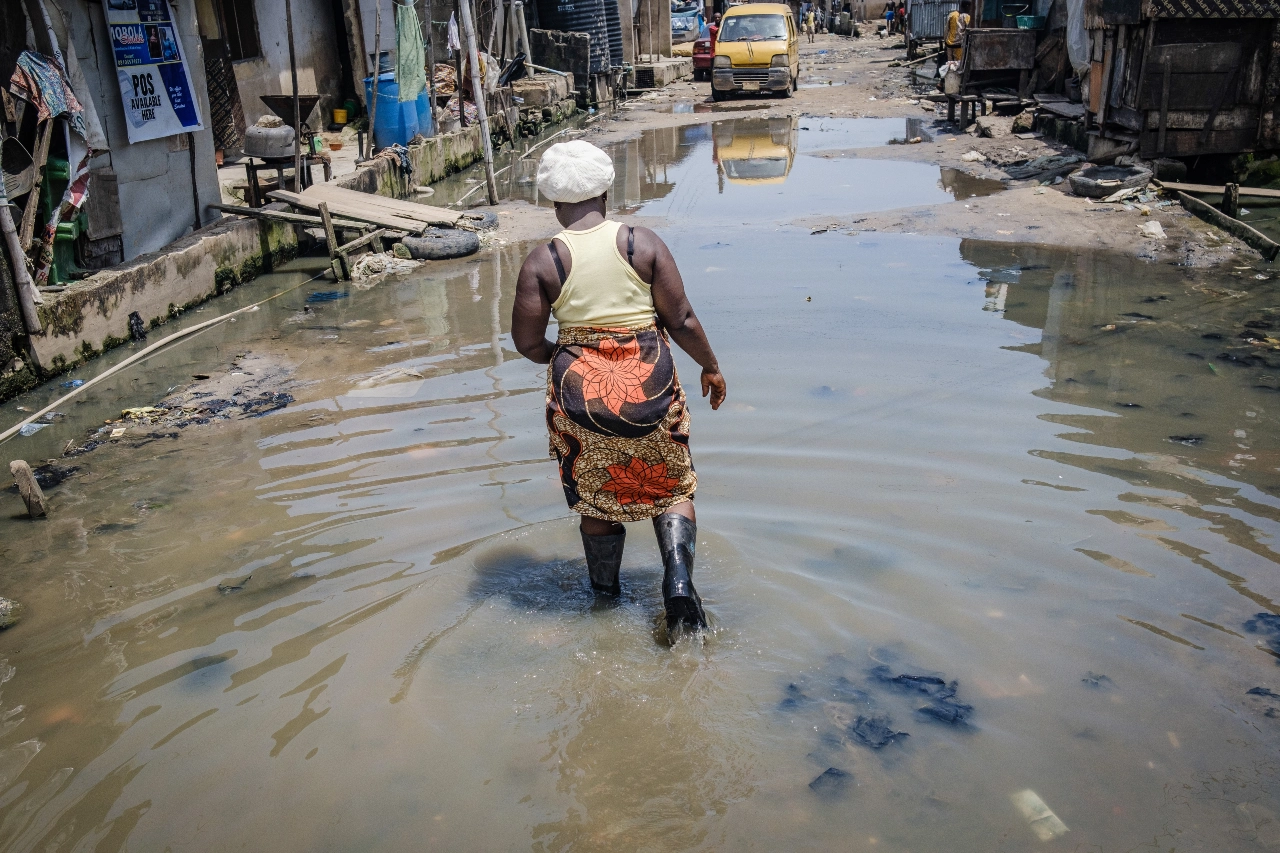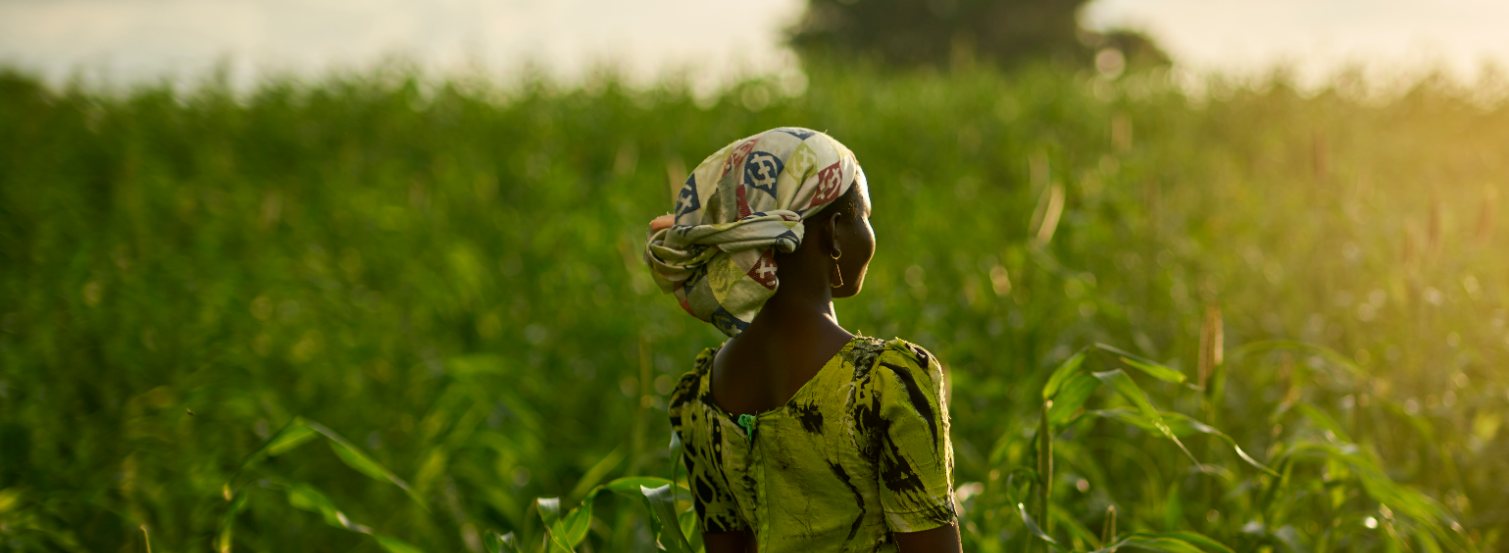
At a glance
The world’s poorest countries and communities are hit worst by the climate crisis
Rich countries that have contributed most to the climate crisis need to urgently and significantly increase their emission reduction targets in order to limit global temperature increases to 1.5˚C. It is also vital that they uphold their commitments and obligations to support other countries’ efforts to adapt to climate impacts and develop in a low carbon way.
We work with others to raise awareness of the human impact of climate change and how climate change, inequality and poverty are linked and reinforce each other. We advocate for climate justice – making sure that the voices of those most impacted by the climate crisis are heard and drive the solutions, above all women.
We work with women and men to put in place adaptation and disaster risk reduction actions that also address the causes of vulnerability: inequality, gender injustice and poverty. We support people affected by the climate crisis to participate in adaptation, risk and development planning. And we work to ensure that development planning addresses the causes of vulnerability and the climate crisis – and so integrates the issue of climate change across all our work.
Supporting Land Rights
In Depth: Land rights
Climate Equality: A planet for the 99%

Finding Ways Together to Build Resilience: The Vulnerability and Risk Assessment methodology

Photo captions and credit
Mrs Abosede walks in boots on October 11, 2022 in Ilaje, Lagos State Nigeria. Due to the constant rainfall, Ilaje community is flooded and waterlogged, boots are advised. Taiwo Aina/Oxfam








